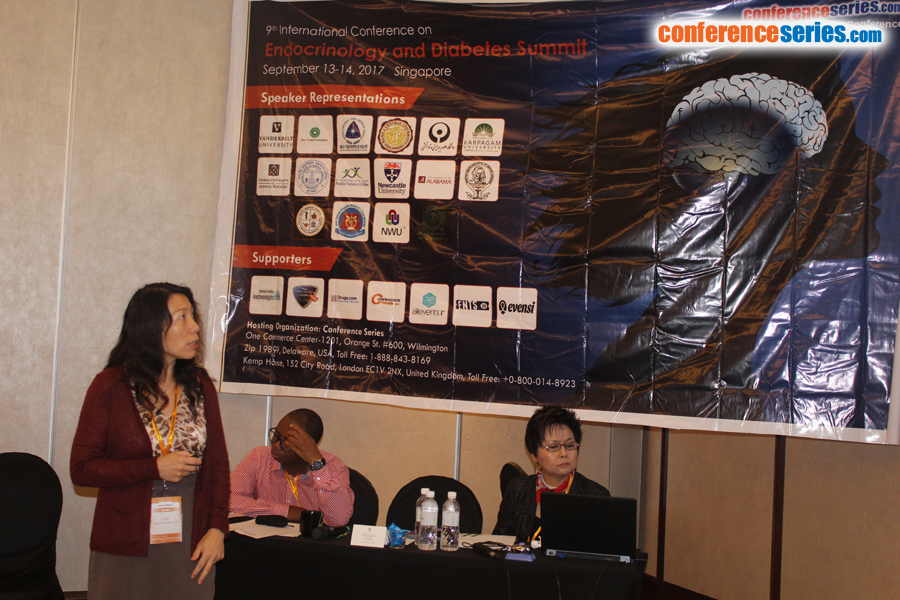
Li Li
Li Li, University of Alabama, USA
Title: Childhood maltreatment is an independent risk factor for type-2 diabetes mellitus
Biography
Biography: Li Li
Abstract
Aims: Childhood maltreatment (CM) is shown to be associated with obesity and depression. However, the relationship of CM to type-2 diabetes mellitus is much less studied. We tested the hypothesis that CM increases the risk for type-2 diabetes mellitus due to glucose intolerance, reduced insulin sensitivity and beta cell function.
Methods: Oral glucose tolerance test (OGTT)-derived metabolic parameters of glucose tolerance, insulin sensitivity and beta cell function were evaluated in 121 participants aged 19-60 years. CM exposure was measured using the Childhood Trauma Questionnaire. Blood samples were collected to measure the inflammatory factors.
Results: After controlling for age, race, gender, education and depression, about 15% higher glucose area under the OGTT curve was observed in the CM group. CM individuals also exhibited impaired insulin sensitivity manifested by the Matsuda index and homeostasis model assessment of insulin resistance, which were correlated with CM severity after adjusting for depression. CM group showed approximately 50% lower disposition index. C-reactive protein and tumor necrosis factor-α levels were greater in the CM group vs. the non-CM group and both were correlated with CM severity (r=0.21, 0.23, respectively, both p<0.05). Multiple regression analyses revealed that CM contributed to reduced insulin sensitivity and lower disposition index independent of depression and obesity.
Conclusions: These data suggest an important relationship between CM and increased risk for type-2 diabetes mellitus due to glucose intolerance, impaired insulin sensitivity and beta cell function. Our findings indicate that CM appears to be an independent risk factor for developing type-2 diabetes mellitus.



